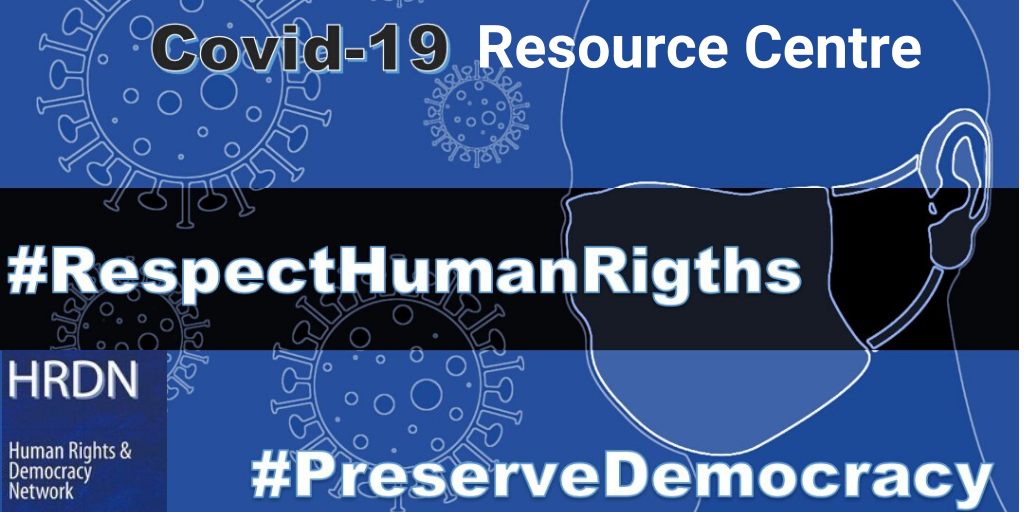Human rights provide us with a sophisticated tool to guide responses during crises and social upheaval. The Universal Declaration of Human Rights (UDHR), adopted in 1948, was itself a response to half a century of turmoil: two world wars, a pandemic and economic depression. It drew on previous charters and aimed to provide a broad framework covering all aspects of our lives.
The COVID-19 pandemic has launched another period of crisis and uncertainty. In a short time, our lives have changed. Globally there are over two million cases and significant loss of life. Over three billion people are living under some form of lockdown. Businesses, schools and cultural centres have been forced to close. The ramifications will be severe, and while all leaders are required to make difficult decisions, some are using the pandemic to test the limits and consolidate power.
The pandemic has also exposed entrenched inequalities: widespread discrimination, structural inequalities, historical injustices, lack of access to healthcare and other basic services, vulnerability of workers, fragile or wholly inadequate health systems and increasing domestic violence. Civil society organisations (CSOs) work on the frontline of many of these issues – either providing essential services or documenting and advocating policy change.
Whether as individual organisations, as part of networks or within the broader ecosystem of civil society, CSOs and individual human rights defenders bring a range of skills and expertise. Drawing on the detailed framework of rights developed since the adoption of the UDHR, organisations help guide societies and leaders through difficult questions, a role heightened in times of crisis: are emergency powers allowed, for how long and under what conditions? How can equal treatment be assured and how can we guarantee that temporary measures don’t become entrenched?
Some governments are using COVID-19 to further crackdown on independent voices. Authoritarian leaders are ruling by decree. Dozens of countries have adopted emergency laws with no sunset clause. Many countries have criminalised the publication of ‘distorted facts or inauthentic news’ and have censored, arrested and intimidated journalists, healthcare workers and other individuals for criticising their response. CSOs are concerned about the use of emergency measures to limit and impede their work in promoting rights. Besides, many organisations are worried that the economic fallout of the crisis will have severe economic repercussions on their revenues, jeopardising their subsistence and, with that, their capacity to provide services for marginalized and vulnerable populations and to engage with governments and institutions to secure rights-respecting responses.
Civil society organisations are fundamental in building a rights-based post-coronavirus world. They are playing a remarkable role during the pandemic by providing the necessary guidance on the protection and promotion of human rights; monitoring and tracking compliance, urging governments to fulfil their human rights obligations and providing services, being among the first responders in crises.
At the end of this crisis, there can be no return to business as usual. An urgent and comprehensive public debate and transparent consultations on exit strategies and recovery measures are highly needed. The question of whether recovery will lead to more inclusive, just, sustainable and democratic societies depends fundamentally on the participation of civil society in this process.
As a community of human rights organisations, HRDN has compiled resources from our members, partners and international organisations to help guide crisis responses and monitor, inform and assess the impact of COVID-19. We have clustered the resources under key rights and highlighted the different ways in which civil society is contributing.


